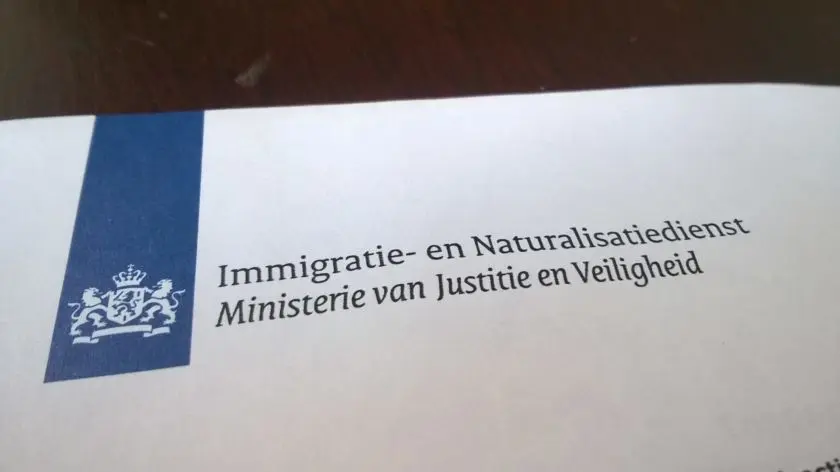
The IND makes a decision
Share on social media:
The Immigration and Naturalisation Service (IND) decides whether to grant you a permanent residence permit. There are three possibilities: the IND approves your application, rejects your application or extends your temporary residence permit.
Option 1: the IND approves your application and you get a permanent residence permit
The
Option 2: the IND rejects your application and you get an extension of your temporary residence permit
The IND rejects your application for a permanent residence permit and extends your current residence permit. The IND does this if you do not yet meet all the conditions. For example, if you have not yet completed your civic integration or if you applied for the permanent residence permit too early.
Option 3: the IND rejects your application and you do not get an extension of your temporary residence permit
The IND decides that you will not receive a permanent residence permit and that your temporary permit will not be renewed. The IND then usually also revokes your temporary permit. This decision by the IND is called a 'voornemen' (intention).
If you disagree with the rejection, you can explain in a letter to the IND why you disagree with the IND's decision. That letter is called the 'zienswijze' (standpoint). When writing the standpoint, you can use a lawyer. They can give you a legal explanation of why you disagree with the IND's decision.
After the IND receives your standpoint, the IND must reconsider your application. This may ensure that you still receive a positive decision. If the decision remains negative, you can appeal to a court.